What is Cryotherapy?
It is a fast, effective, safe and new solution for removal of skin imperfections. Procedures typically last from 5 to 30 seconds, so you can be in and out of the salon quickly.
How it works
Cryotherapy emits a fine jet of Nitrous Oxide under high pressure, which allows the clinician to work with millimetre precision. This destroys the tissue by freezing the inter-cellular fluid, forming ice shards and crystals which rupture the membrane, thereby destroying the cell. That means there will be no collateral damage to healthy tissue. It is incredibly accurate and practical.
Cosmetic procedures such as skin tags, milia and cherry angiomas are no longer being treated by many doctors on the NHS. With Cryotherapy you can now have these treatments.
The applicator is held as close as possible to the skin imperfection and moved quickly towards and away from it. This could be from 1-30 seconds,
depending on the size and depth.
Cryotherapy is the ideal treatment for –
- Skin Tags
- Solar Lentigo
- Pigmented Spots
- Actinic Keratosis
- Seborrheic Keratosis
- Haemangiomas
- Plantar Warts
- Condyloma
- Molluscum Contagiosum
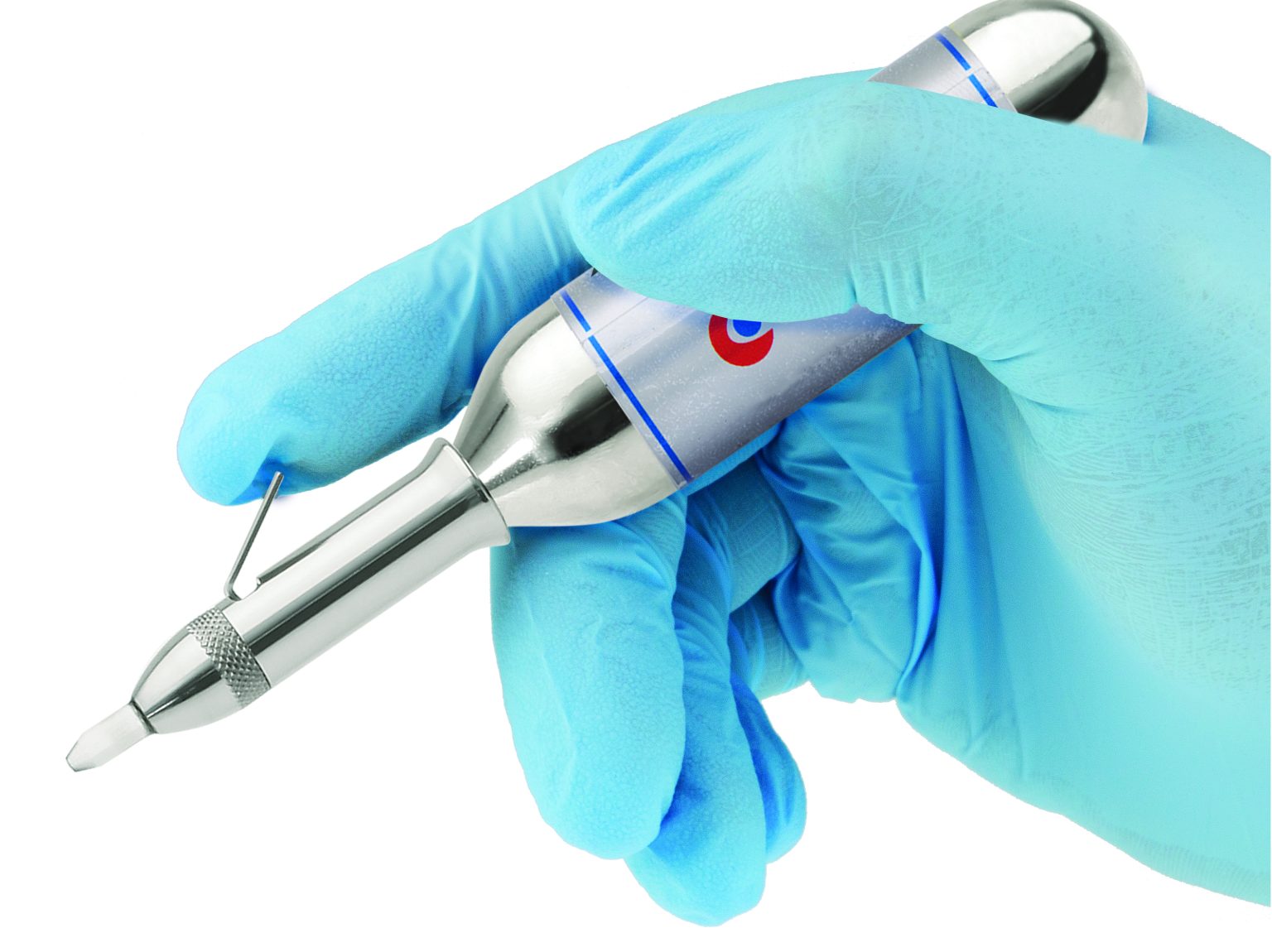
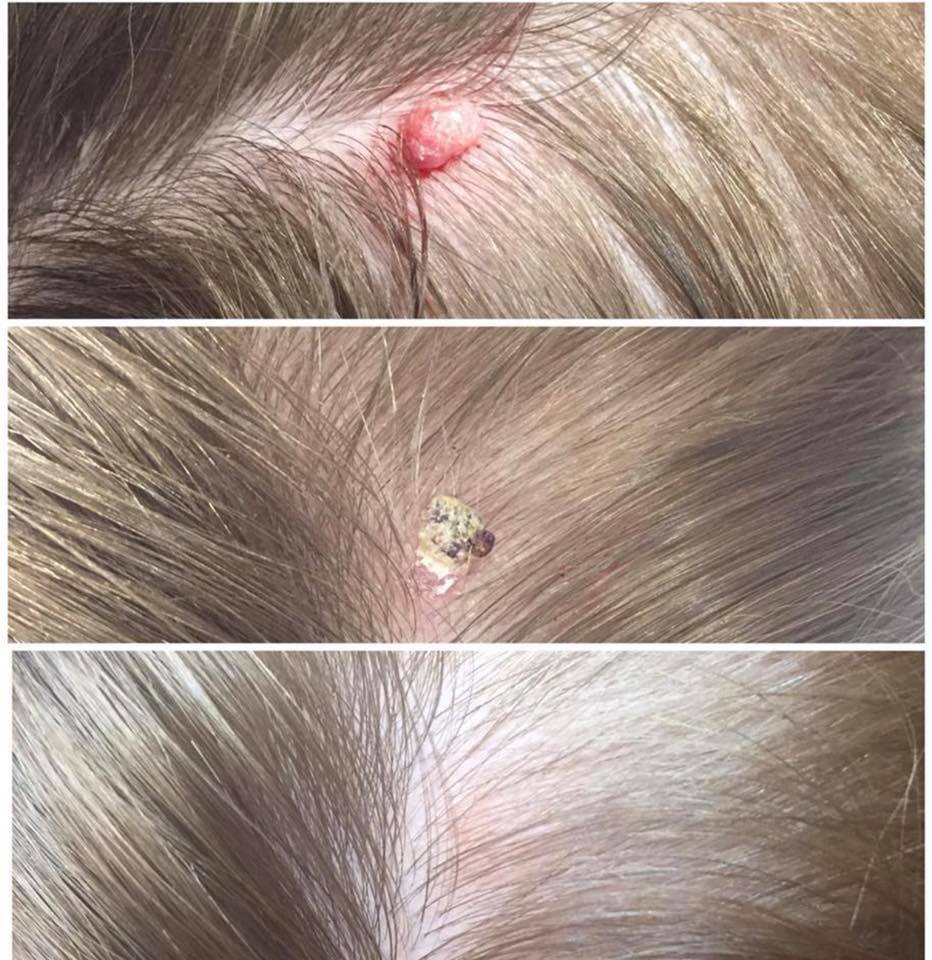
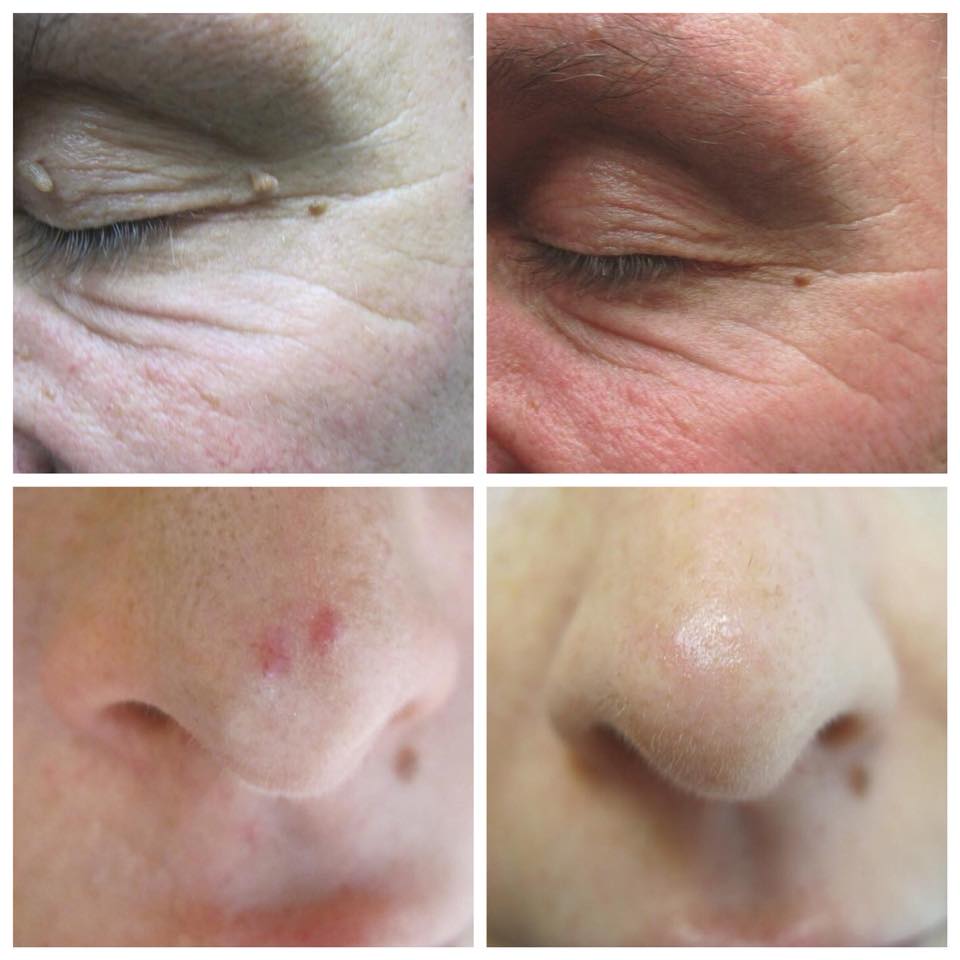
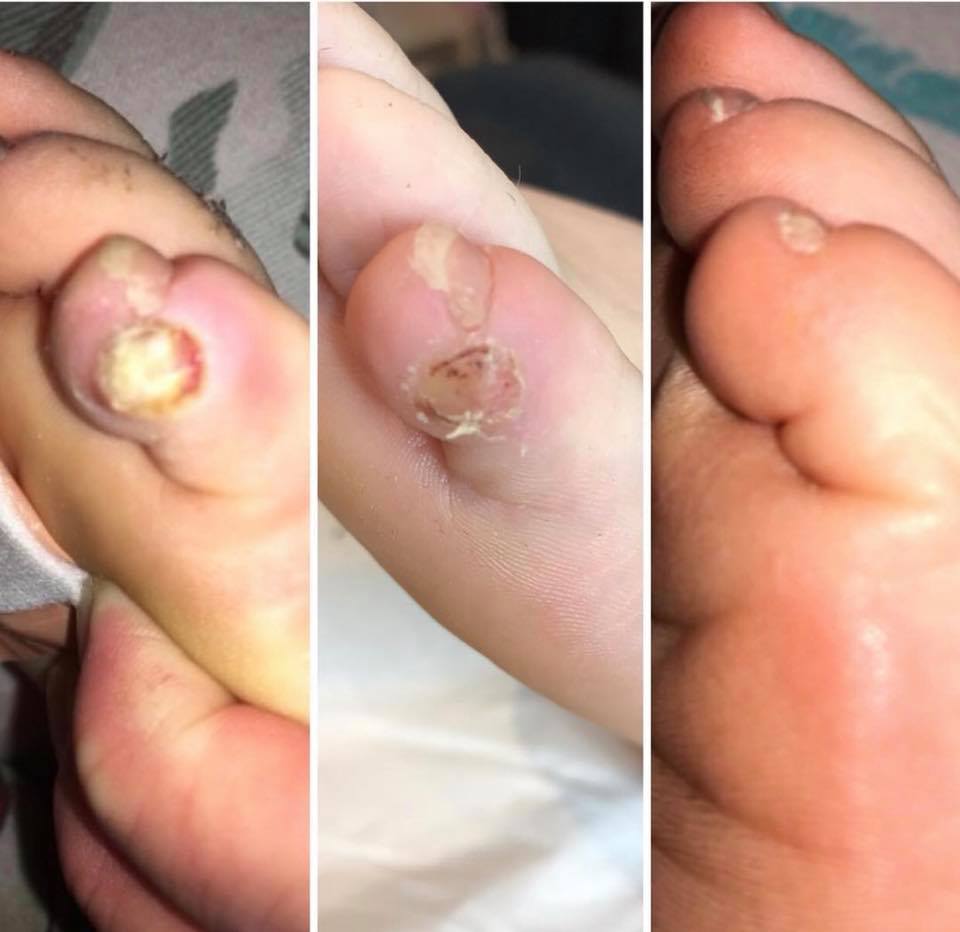
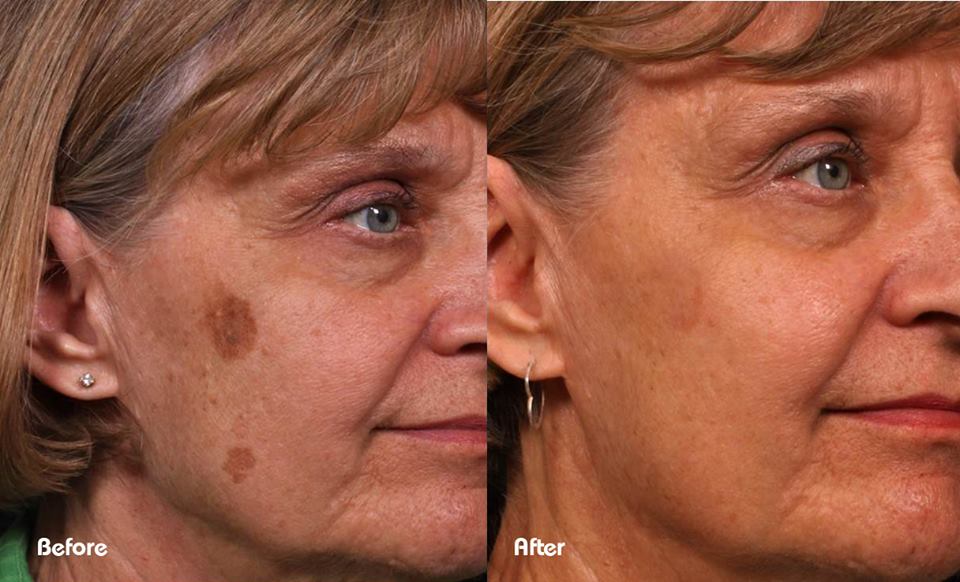
Frequently Asked Questions
Are there any side effects?
The area treated is frozen by Cryotherapy. This kills the localised cells in the area which cause them to shrivel and die. The treated area may go darker
over a few weeks, but will return to normal pigmented skin in about 6 weeks.
How long are Cryotherapy treatments?
The duration of the treatment time will depend on the surface area and the thickness of the tissue being treated. Upon the clinical evaluation of the
depth of the area, the clinician will choose an application time from 1 to 30 seconds.
How safe is Cryotherapy?
Cryotherapy is a relatively low-risk procedure. It delivers a freeze directly to the area, and not the healthy surrounding tissue. The Cryotherapy device
is both CE and FDA registered.
Is the treatment painful?
There will be a pain sensation similar to a stinging nettle on the skin when the Nitrous Oxide reaches the bottom of the area. There might be a little
residual stinging for a few minutes after treatment, this is normal.
